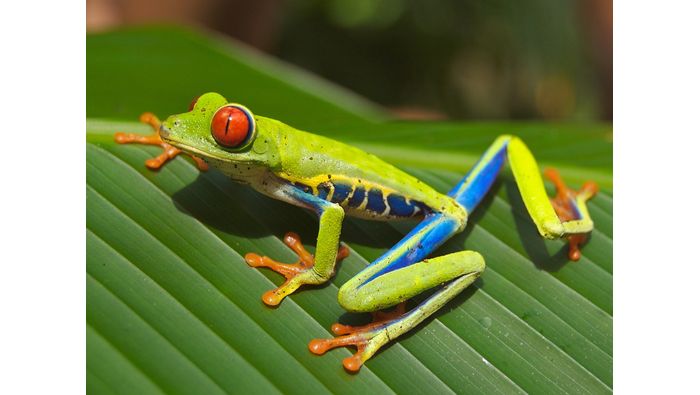
Washington: One million plant and animal species are facing extinction, more than ever before in human history, according to a United Nations report.
The new report comes from the Intergovernmental Science-Policy Platform on Biodiversity and Ecosystem Services (IPBES), which is under the umbrella of UN Environment Programme, the summary of which was approved at the seventh session of the IPBES Plenary, meeting last week in Paris.
Compiled by 145 expert authors from 50 countries over the past three years, with inputs from another 310 contributing authors, the report assesses changes over the past five decades, providing a comprehensive picture of the relationship between economic development pathways and their impacts on nature. It also offers a range of possible scenarios for the coming decades.
“The overwhelming evidence of the IPBES Global Assessment, from a wide range of different fields of knowledge, presents an ominous picture,” said IPBES Chair, Sir Robert Watson. “The health of ecosystems on which we and all other species depend is deteriorating more rapidly than ever. We are eroding the very foundations of our economies, livelihoods, food security, health and quality of life worldwide.”
“The report also tells us that it is not too late to make a difference, but only if we start now at every level from local to global,” he said. “Through ‘transformative change’, nature can still be conserved, restored and used sustainably – this is also key to meeting most other global goals. By transformative change, we mean a fundamental, system-wide reorganisation across technological, economic and social factors, including paradigms, goals and values.”
“The member States of IPBES Plenary have now acknowledged that, by its very nature, transformative change can expect opposition from those with interests vested in the status quo, but also that such opposition can be overcome for the broader public good,” Watson added.
The report states that the average abundance of native species in most major land-based habitats has fallen by at least 20 percent, mostly since 1900. More than 40 percent of amphibian species, almost 33 percent of reef-forming corals and more than a third of all marine mammals are threatened.
According to the report. the picture is less clear for insect species, but available evidence supports a tentative estimate of 10 percent being threatened. At least 680 vertebrate species had been driven to extinction since the 16th century and more than 9 percent of all domesticated breeds of mammals used for food and agriculture had become extinct by 2016, with at least 1,000 more breeds still threatened.
Based on the systematic review of about 15,000 scientific and government sources, the report also draws (for the first time ever at this scale) on indigenous and local knowledge, particularly addressing issues relevant to Indigenous Peoples and Local Communities.
“Biodiversity and nature’s contributions to people are our common heritage and humanity’s most important life-supporting ‘safety net’. But our safety net is stretched almost to breaking point,” said Professor Sandra Díaz, who co-chaired the assessment with Professor Josef Settele and Professor Eduardo S. Brondízio.
“The diversity within species, between species and of ecosystems, as well as many fundamental contributions we derive from nature, are declining fast, although we still have the means to ensure a sustainable future for people and the planet.”
To increase the policy-relevance of the report, the assessment’s authors have ranked, for the first time at this scale and based on a thorough analysis of the available evidence, the five direct drivers of change in nature with the largest relative global impacts so far. These culprits are, in descending order: (1) changes in land and sea use; (2) direct exploitation of organisms; (3) climate change; (4) pollution and (5) invasive alien species.
The report notes that since 1980, greenhouse gas emissions have doubled, raising average global temperatures by at least 0.7 degrees Celsius, with climate change already impacting nature from the level of ecosystems to that of genetics – impacts expected to increase over the coming decades, in some cases surpassing the impact of land and sea use change and other drivers.